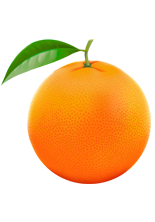Oops! Something went wrong…
4
 4
4
The resource you are looking for might have been removed or this is due to wrong typing. Whatever happend, there is not much to show you here. Try one of the links below.

